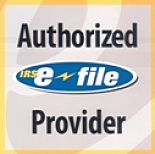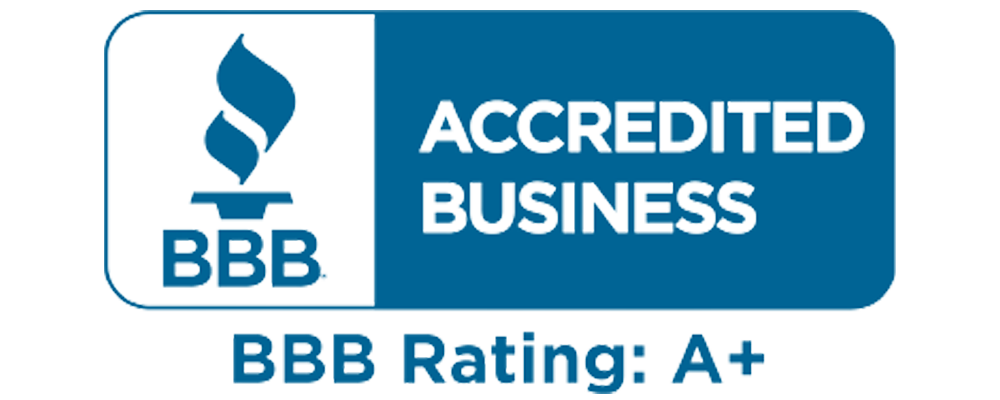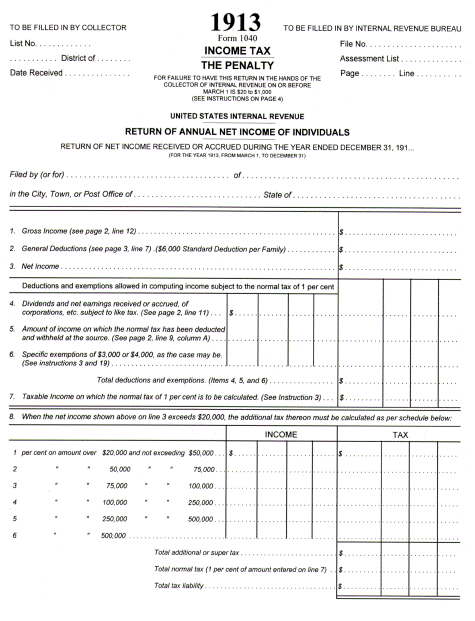What is an Enrolled Agent?
An "Enrolled Agent (EA)" is the ONLY federally-authorized tax practitioner who has demonstrated special technical competence in tax law and is the only taxpayer representative licensed to practice by the United States government.
Only EAs, attorneys and CPAs may represent taxpayers without limitation before the Internal Revenue Service (IRS). They have unlimited practice rights. This means they are unrestricted as to which taxpayers they can represent, what types of tax matters they can handle, and which IRS offices they can represent clients before.
EAs advise and represent taxpayers who are being examined by IRS, taxpayers who are unable to pay, and taxpayers who wish to avoid or recover penalties. EAs prepare tax returns for individuals, partnerships, corporations, estates, trusts and any other entities with tax-reporting requirements.
Enrolled Agent status is the HIGHEST credential the IRS awards. Individuals who obtain this elite status must adhere to ethical standards and complete a minimum of 72 hours of continuing professional education (CPE) every three years which gets reported to the IRS.
What Are the Differences Between Enrolled Agents and Other Tax Professionals?
Unlike certified public accountants (CPAs) and attorneys, who may or
may not choose to specialize in taxes, ALL Enrolled Agents specialize
in taxation. While CPAs and attorneys are licensed by the STATES, Enrolled
Agents are federally-licensed by the United States Department of Treasury.
CPAs and attorneys do not have a continuing professional education
(CPE) requirement by the IRS. Their CPE requirements vary since they
are governed by their respective state licensing boards. Enrolled Agents
are required to complete a minimum of 72 hours of CPE every three years which gets reported to the IRS. At least
6 hours of those CPE credits must be in Ethics.
How Does an Individual Become an Enrolled Agent?
Enrolled Agents MUST either be a former IRS employee with specialized tax law experience OR an individual that passes a stringent and comprehensive three-part IRS examination that covers all aspects of the United States tax code including, but not limited to, taxation of individuals, corporations, partnerships, estates, trusts, practice and procedures, and ethics.
Enrolled Agents MUST also pass a criminal background check and a suitability check, which includes tax compliance to ensure that the individual has filed all necessary tax returns and that there are no outstanding tax liabilities.
History of Enrolled Agents
After the Civil
War, many citizens had problems settling claims with the government
for horses and other property confiscated for use in the war effort.
After many petitions and much pleading, Congress, in year 1884,
endowed "Enrolled Agents" with the power of advocacy to prepare
claims against the government and to seek equitable justice for the
citizenry. For many years, the purpose of the Enrolled Agent was to
act in this capacity.
In year 1913, when the Sixteenth
Amendment to the U.S. Constitution was ratified by Congress, which
allows the levying of the federal income tax, the job of the
Enrolled Agent was expanded to include claims for monetary relief
for citizens whose taxes had become inequitable. As the income tax,
estate, gift and other sources of tax collections became more
complex, the role of the Enrolled Agent increased to include the
preparation of the many tax forms that were required. Additionally,
as audits became more prevalent, their role evolved into taxpayer
advocacy and negotiating with the Internal Revenue Service on behalf
of their clients.
In year 1972, EAs united to form a national
association to represent the needs and interests of EAs and the
rights of taxpayers. That association is today called the
National Association of Enrolled Agents (NAEA). Through their
national association and state affiliates, Enrolled Agents have
successfully defended their rights to practice and furthered the
passage of legislation and administrative rules that benefit both
tax practitioners and ordinary citizens.
The First Form 1040 - Year 1913
Click here to download the 1913 Form 1040 with Instructions (4 Pages)










